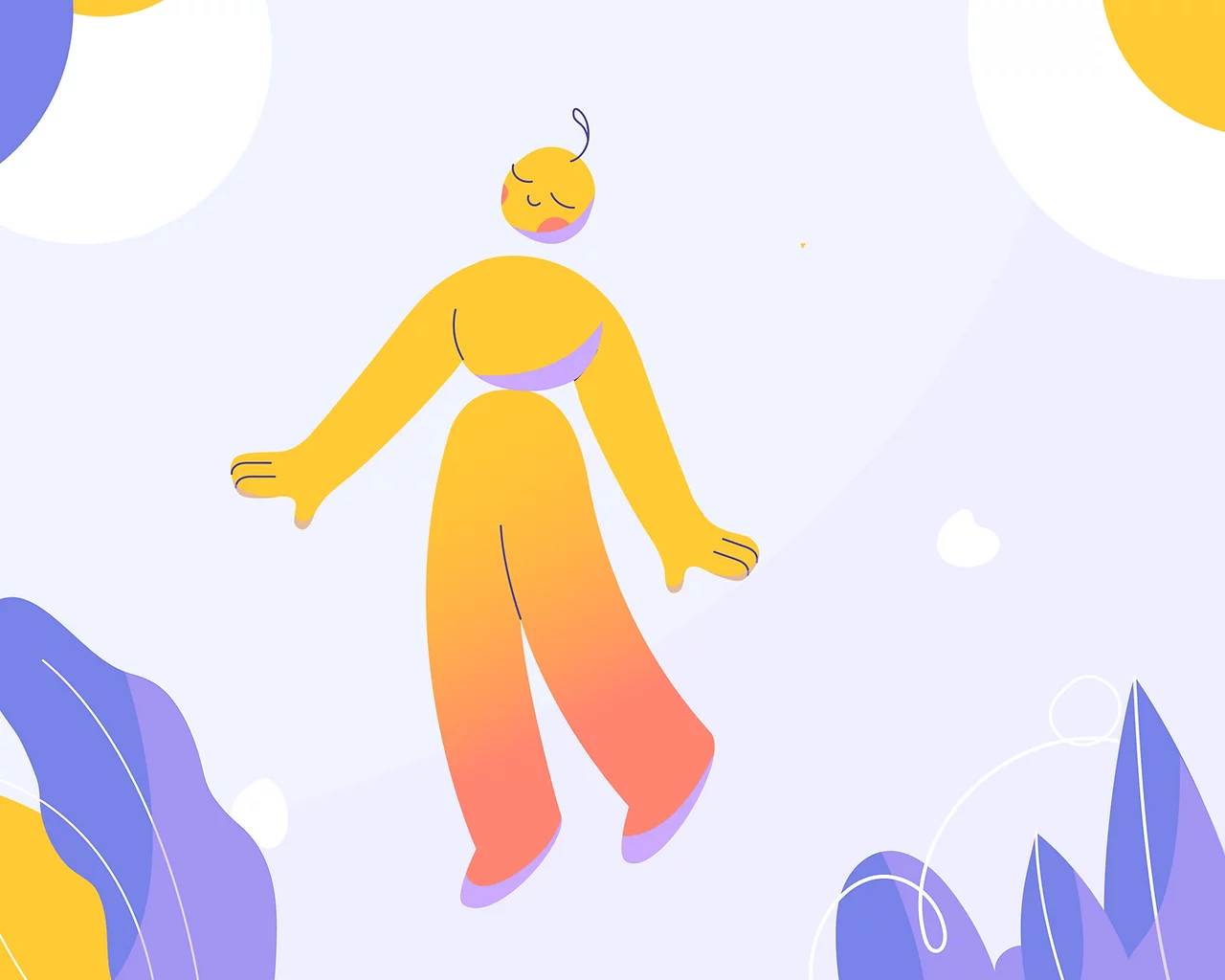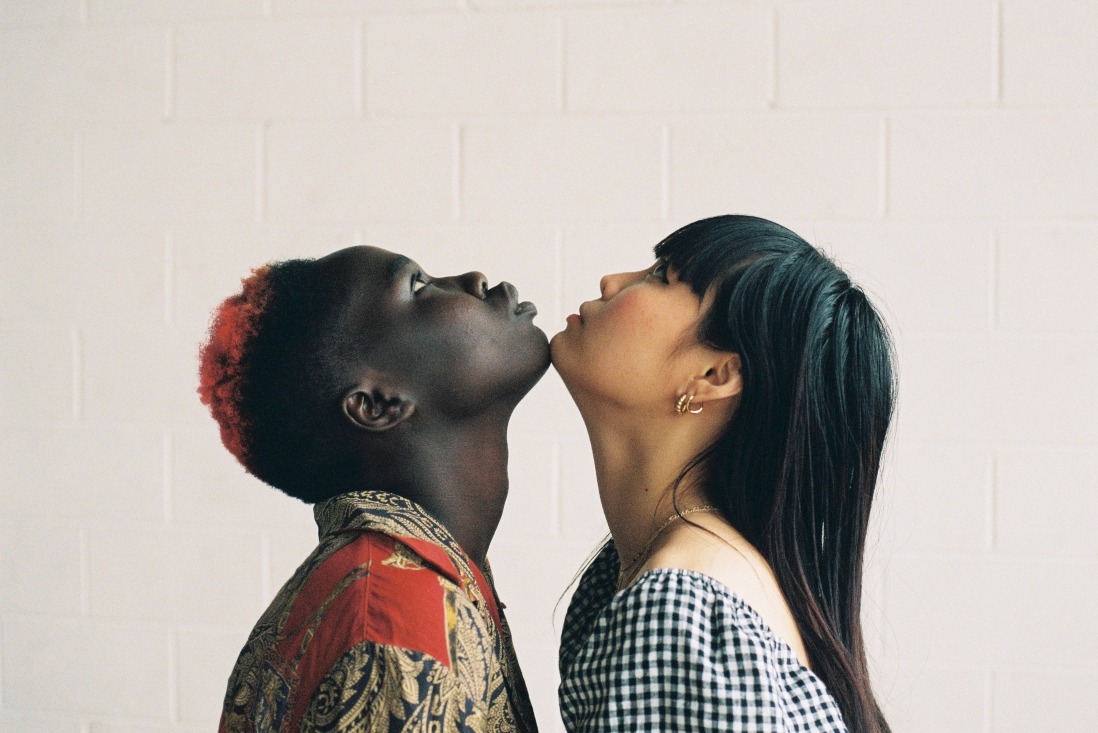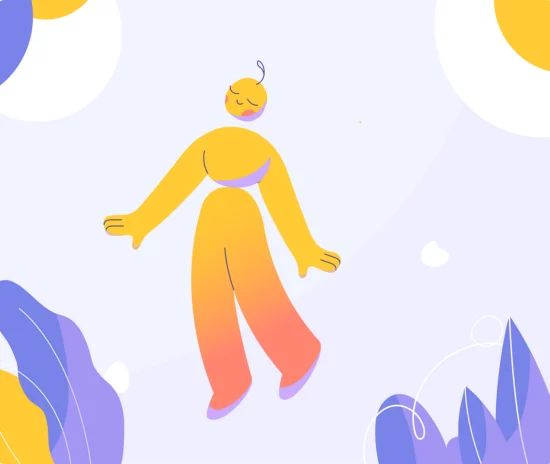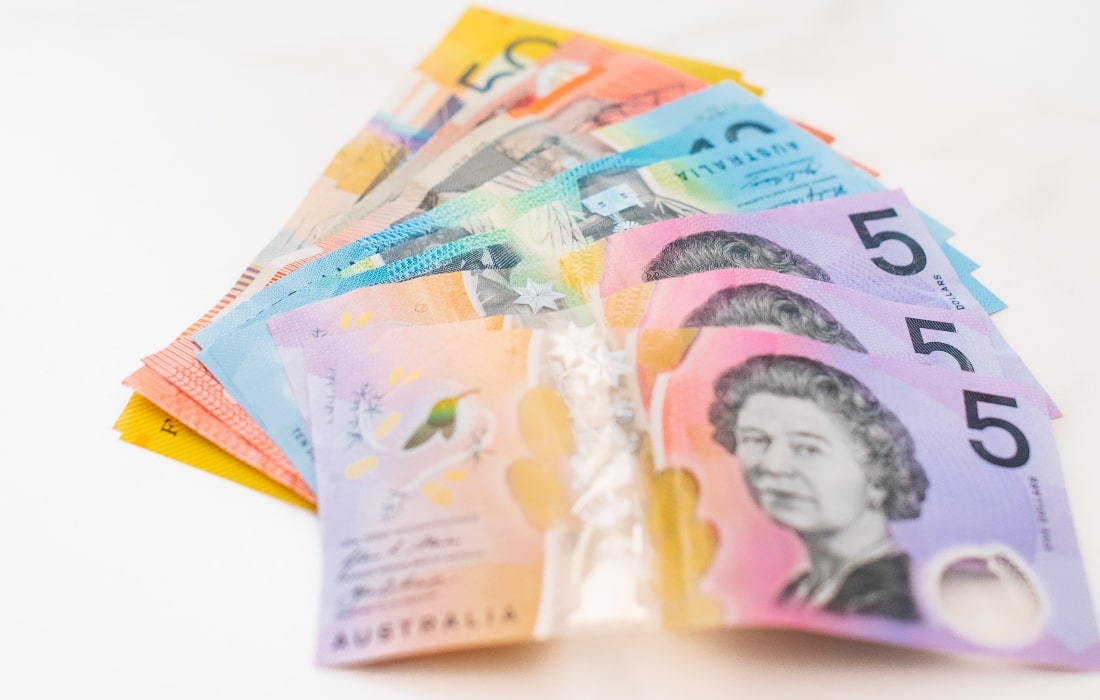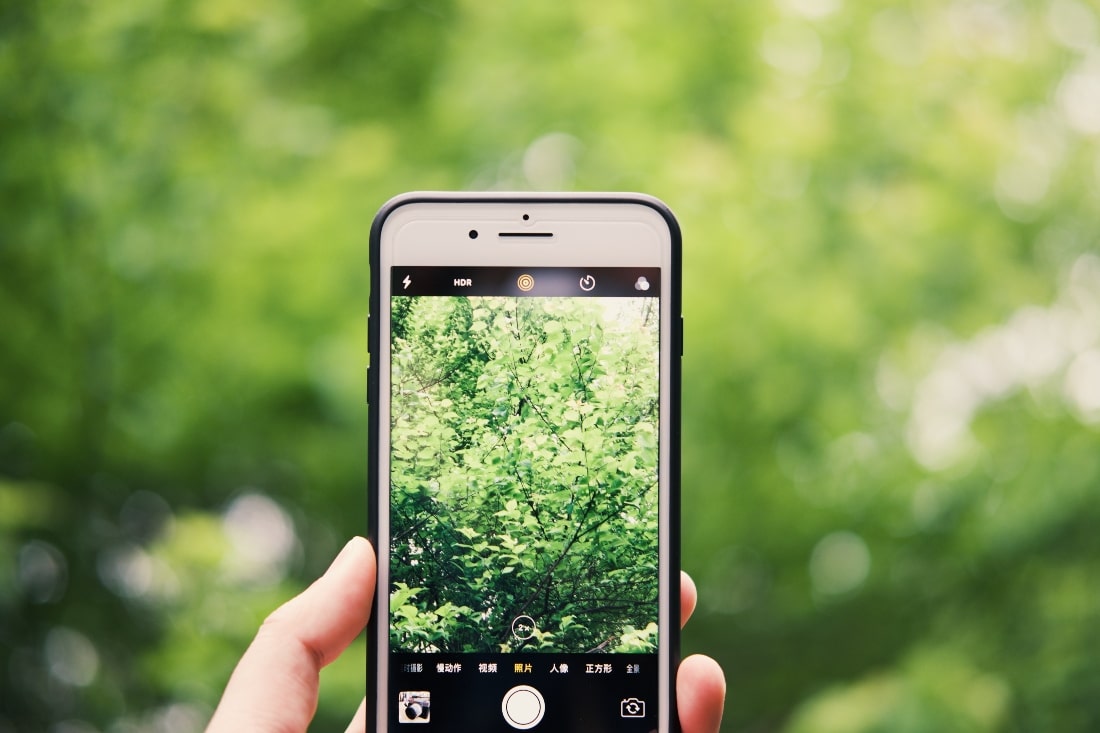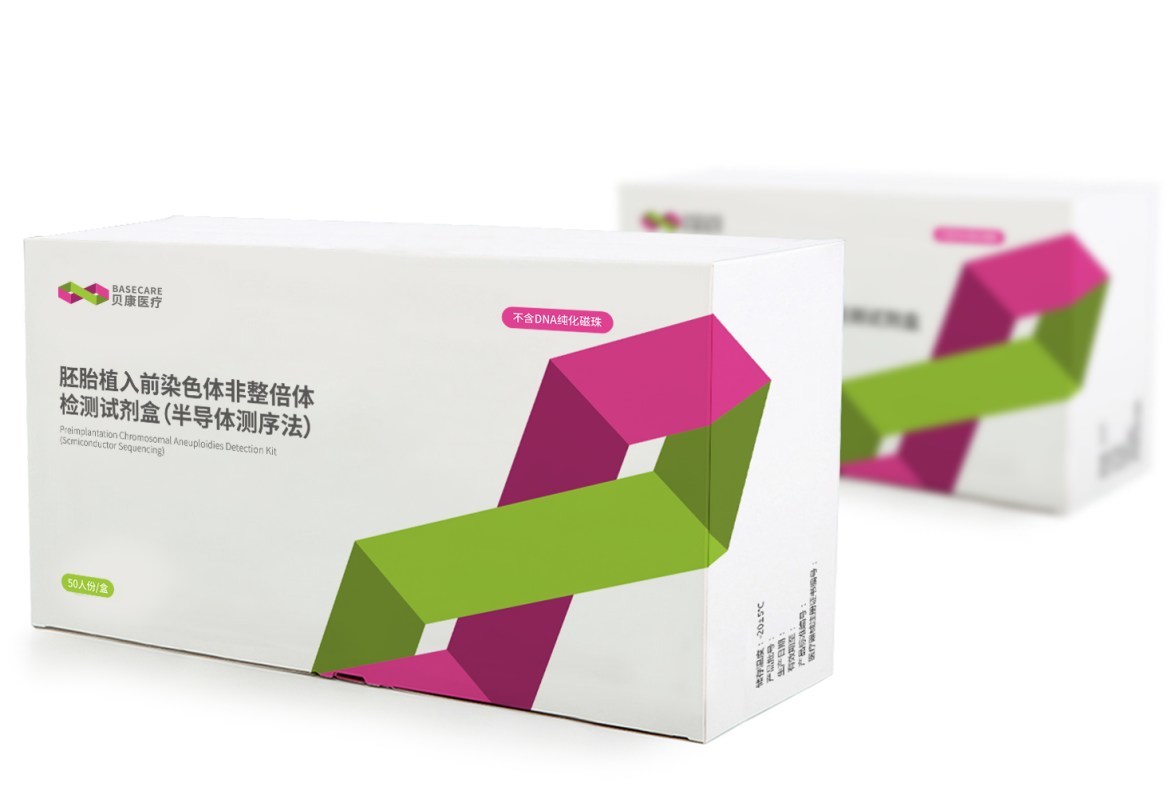A version of this article was first published by Petal App on their website.
Relationships with food and body can be a complicated story, often filled with stress, restrictions, and confusion.
Estimates suggest that over 700,000 people in the UK have an eating disorder, 90% of whom are female.
FemTech Lab cohort members of Petal App learned that from their experiences with an eating disorder which they suffered with since their teenage years. Despite the difference in their experiences, like many sufferers, they experienced common feelings of isolation, confusion, and anxiety.
Aidana’s Story
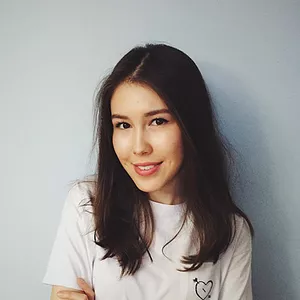
“My relationship with food became problematic when I just moved to a new school in a completely different country. I was only 12 and didn’t understand a single word in English.
Struggling to adapt to the new environment, I also started to be very insecure about my body, so I quickly learned about ‘healthy eating’, but in the wrong sense. I started to cut out certain types of food one after another in the belief that they would make me look better.
I still have a screenshot saved from one app that shows that I only ate 600 calories a day
So I first stopped consuming sugar, which eventually included fruits too, then bread, gluten, and high-fat foods (that are good for you) like nuts and olive oil. I eventually started counting calories too with the calorie-tracking apps that I am so against today.
I still have a screenshot saved from one app that shows that I only ate 600 calories a day. I’m glad this has passed. This lasted for over 6 years, during which I’ve lost many happy days and potential memories with my loved ones.”
Dameli’s Story

“My disordered eating experience has also started similarly: I’d moved to a new city, changed schools, and was introduced to a completely new environment.
However, a moment that triggered my disordered eating happened when one doctor commented on my body being “bigger” than my mother’s. It was true that I gained just a little bit of weight after I’ve moved to a new city and school, but I didn’t care about it before hearing that comment. I felt ashamed and so I started extreme dieting.
Inpatient for quick results, I did a mono-diet, eating three pieces of a particular product per day. As a result of such restrictions, I’ve developed a binge eating disorder. I could lose and gain a significant amount of weight in a short period, which harmed my physical and mental health. This period lasted for 8 years and for the whole time I just wished I could live as a ‘normal’ person again without obsessive thoughts around my meals.
Overcoming an Eating Disorder
Their eating disorders had a tremendous impact on Aidana’s and Dameli’s lives. Their social lives, physical health, academics, and, most importantly, mental state were all going downhill.
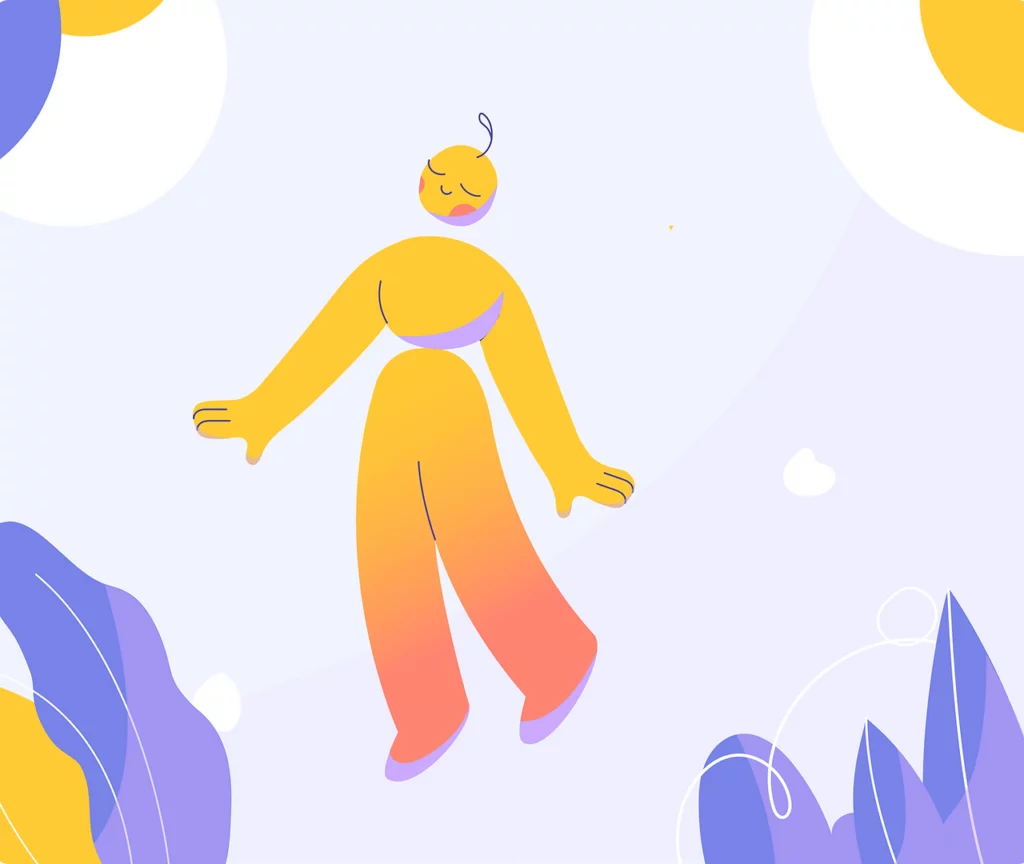
They felt isolated, not being able to speak to anyone about what they were going through. Any social gathering that involved food was extremely stressful for them both, as they didn’t know what food they could eat there. It was also not easy for them to focus on academics and work, as their brains were constantly occupied with thoughts about food.
“It would have been great for us to seek professional help at the time of struggles, but we were never sure whether what we were going through was ‘serious enough’,” Dameli said.
We want people to have space, where they can find reliable resources with credible information
However, their experience has not been all bad. As a result, they have developed Petal, a mobile application that helps others to navigate their way towards a happy and healthy relationship with food.
They said: “We want people to have space, where they can find reliable resources with credible information, seek support and share success stories without coming across triggering content. Lastly, we wanted to emphasize that professional help is important and it should not be hard to find.”
Petal is a community app that is the ‘go-to place for those who struggle with food. After what the duo have been through, they wanted to let other people go through similar challenges that they had a safe space.
We think that’s a startup success story if we’ve ever seen one!
